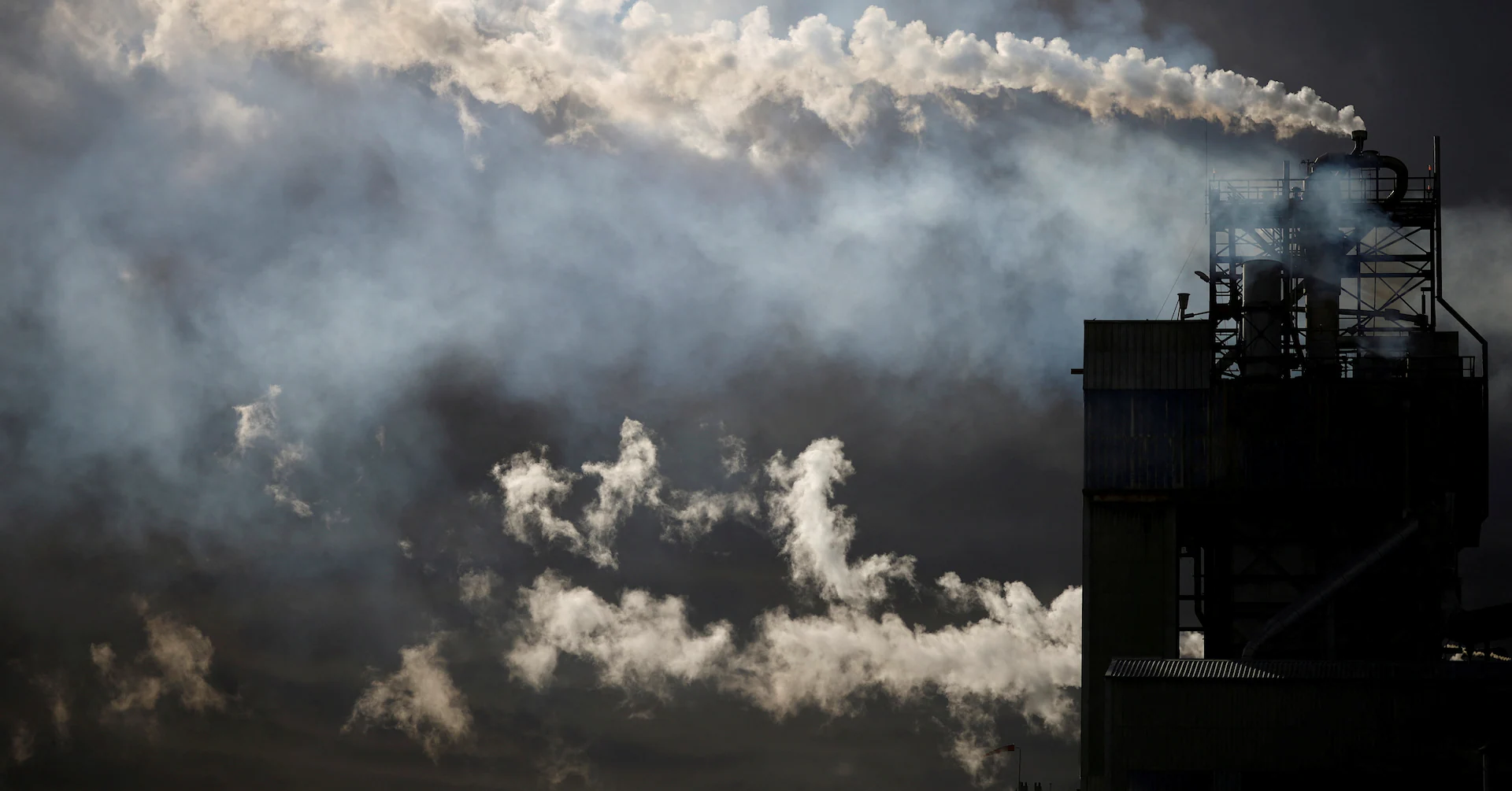Copyright reuters

SummaryUNEP warns of 2.3-2.5°C warming despite pledgesLula criticizes lack of action on past climate dealsOver 1,000 clean projects in development globally, report shows BELEM/SAO PAULO, Nov 4 (Reuters) - With a U.N. report warning that worldwide carbon emissions remain too high to halt global warming, Brazil’s president said on Tuesday that this month’s U.N. climate change summit in the Amazon would be a "COP of Truth" and offer real solutions. Despite three decades of global negotiations, countries will not prevent warming from exceeding 1.5 degrees Celsius – the main goal of the Paris Agreement brokered a decade ago. Instead, the world is on track for an extreme 2.3 - 2.5°C of warming, the United Nations' Environment Programme said on Tuesday. Advertisement · Scroll to continueReport Ad The forecast assumes countries will fulfill pledges they have made so far to cut emissions. If they fall short, the world will get even hotter. "This will be difficult to reverse," UNEP said of the 1.5C overshoot, noting that countries would need to move even faster and make even bigger reductions in greenhouse gas emissions to prevent runaway climate change. Brazil’s President Luiz Inacio Lula da Silva, whose country hosts COP30 on November 10-21, said failure to deliver on past climate deals – including the Kyoto Protocol and promised climate finance – was demoralizing for people around the world. Advertisement · Scroll to continue Get the key points from this story with Reuters AI Speaking with reporters at a naval base in Belem, Lula said countries must deliver on past promises, rather than making new ones. “We don't want the COP to continue to be an exposition or a fair for ideological climate products, with everyone seeing what they want, how they want it, and no one being obliged to do anything and make things happen,” Lula said. “We want it to be very serious, and for the things we decide to be implemented,” he said, noting some countries were “not complying” with the Paris treaty committing them to limit warming to “well below” 2°C above pre-industrial levels, working for a limit at 1.5°C. The U.N. emissions report on Tuesday noted that the current warming trajectory was only 0.3°C lower than it was a year ago before COP29 in Baku, Azerbaijan - meaning new plans announced this year have done little to move the needle. Ad Break Coming Up NEXT StayNext OffEnglish 180p288p360p480p540p576p720pHD1080pHDAuto (180p) About ConnatixV2139381526 About ConnatixV2139381526 Continue watchingafter the adVisit Advertiser websiteGO TO PAGE Brazil will propose creating a new U.N.-linked global environment council empowered to travel and monitor progress on climate pledges around the world. “Because otherwise nothing will happen. A country says ‘I’m not going to comply’ and nothing happens to it,” Lula said. “So the COP loses its momentum, and soon people will no longer want to participate, because it’s pointless.” MONEY MEETS The conference will be held in the riverside city of Belem in the Amazon rainforest with dozens of indigenous groups participating in the talks. Still, limited capacity and high costs have created logistical headaches. “We didn't want to be comfortable, we wanted challenges. And we wanted the world to come and see the Amazon,” Lula said. Instead, many corporate executives, regulators, bankers and investors have gone further south to the coastal Brazilian city of Sao Paulo, where they hope to help speed up climate action in the real economy by highlighting what is working. Clean industry groups said in a report on Tuesday that over 1,000 clean projects were in development worldwide. More than 70 of them, together worth $140 billion, are set to be shovel-ready in coming months, according to the Industrial Transition Accelerator and Mission Possible Partnership. Near Sao Paulo’s financial hub, business experts attended panel discussions, meetings and roundtables tackling topics from carbon markets to best practices in pricing the carbon held in a stand of trees. Hitachi Energy’s head of sustainability, Alicia Argüello, said she attended a roundtable Monday about green electricity grids. "I got a lot of feedback,” she said. Across town at a massive convention center, another three-day event offered more than 150 speakers. Some were disappointed at being so far from the COP30 discussions in Belem, a four-hour flight from Sao Paulo. That meant they would not be able to network with country officials. “These people including ourselves tend to be implementers,” said CEO Andrew Johnstone of Climate Fund Managers. Not being in Belem “affects the peripheral discussions and collaborations that may come out of convening ideas and people. That's a negative.” The world has made some progress in 30 years of climate negotiations. A decade ago, when the Paris Agreement was signed, the planet was on course for around a 4°C temperature rise. But in 2024, UNEP said, global carbon emissions increased by another 2.3% to 57.7 gigatonnes of CO2 equivalent. Reporting by Kate Abnett in Brussels, Simon Jessop in Sao Paulo; Editing by Conor Humphries and David Gregorio Purchase Licensing Rights Katy DaigleThomson ReutersKaty Daigle is the Climate & Environment Editor for Reuters, where she has overseen global coverage on the beat since joining the company in 2020. She previously worked as deputy news editor at Science News and guided the magazine's coverage of climate change. In the two decades up to 2018, Daigle worked in international news for the Associated Press, including eight years as AP's South Asia Correspondent and environment writer based in New Delhi. EmailXLinkedinSimon JessopThomson ReutersSimon leads a team tracking how the financial system and companies more broadly are responding to the challenges posed by climate change, nature loss and other environmental, social and governance (ESG) issues including diversity and inclusion. EmailXLinkedinKate AbnettThomson ReutersKate Abnett covers EU climate and energy policy in Brussels, reporting on Europe’s green transition and how climate change is affecting people and ecosystems across the EU. Other areas of coverage include international climate diplomacy. Before joining Reuters, Kate covered emissions and energy markets for Argus Media in London. She is part of the teams whose reporting on Europe’s energy crisis won two Reuters journalist of the year awards in 2022.EmailLink



